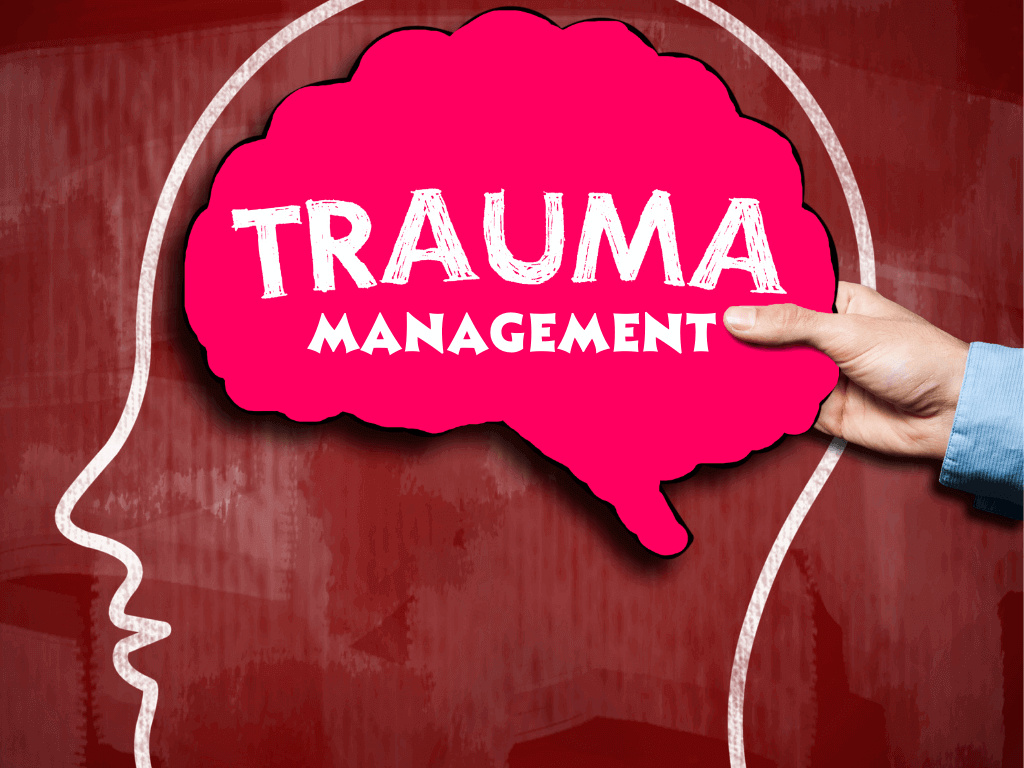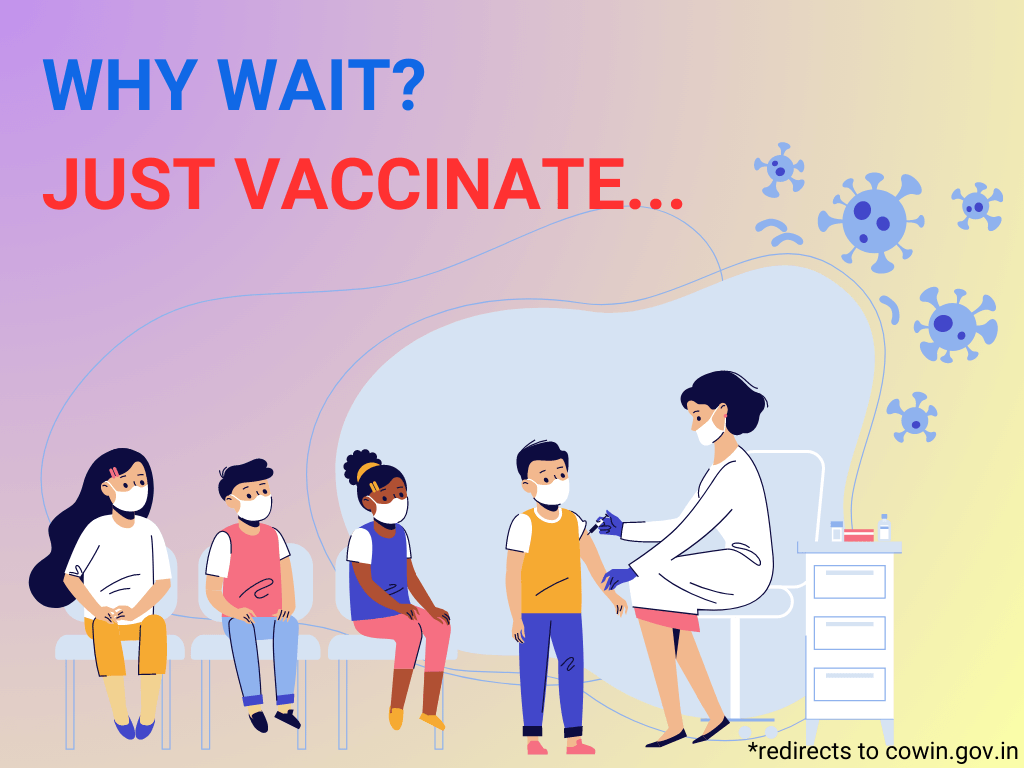Trauma is an unexpected occurrence. Hardly anyone thinks, “I’m about to get hurt today.” A sudden injury, being within the hospital and longing recovery can cause anxiety, fear and frustration. You’ll feel confused and frightened by some stuff you hear and see. You’ll not understand some words that individuals use. You’ll have many questions along the way. Just as our bodies are often traumatized, so can our minds. Trauma can affect your emotions in the most adverse way. The effect could also be so great that your usual ways of thinking and feeling may change. The ways you opt to handle stress may not work. Patients may have a delayed reaction to their trauma. Within the hospital, they’ll specialize in their physical recovery instead of on their emotions. As they face their recovery, they’ll have a range of feelings, from relief to intense anxiety.
Family members also may undergo a variety of emotions between first hearing the news of the injury and on through the patient’s recovery. Going through a traumatic injury can cause a variety of strong emotions. For instance, it is common for people to feel or experience the subsequent right after the injury:
- Sadness
- Anxiousness
- Crying spells
- Sleep problems
- Anger
- Irritability
- Grief or self-doubt
These emotions are perfectly normal. For some people, distress resolves over time. For others, it’s going to hold steady or maybe increase. In about one out of 4 people, the distress is so severe that it’s called post-traumatic stress disorder, or PTSD.
COPING WITH THE LOSSES
The stress that goes with trauma and grief can affect your health. It also can affect your decision making during the primary several months after the trauma. It’s important for you to eat well, sleep and exercise. If you’ve got any long-term health problems, like a heart condition, make certain to stay in touch together with your doctor. Part of recovery involves using the assistance of others. You’ll also find a network. This can be loved one, member of the clergy, support group, or another one that has experienced a similar loss. Not everyone knows what to mention or the way to be helpful. Some people avoid those that have experienced trauma in their family because it makes them uncomfortable. It’s going to take your time to search out friends or family who are often good listeners.
When is it a decent IDEA for seeking professional help?
Sometimes grief overwhelms us. This is often when professional assistance is useful. Your doctor can assist you to identify local services available for support, including the Trauma Survivors Network.
How panic and trauma can be managed by patients and their families?
These are some guidelines which a patient and his family must keep in mind in order to cope up with stress and to have effective recovery of the patient:
- Dates and times for medical procedures, tests or maybe discharge from the hospital aren’t set in stone. There are usually many factors or people involved, and things don’t always work out as planned. If you’re scheduled for an MRI, as an example, but an emergency case comes into the unit, they need to handle the emergency first. Dates and times are targets, not guarantees.
- Don’t be afraid to invite pain medicine. But confine mind that the staff must follow a process, and it’s going to take a short time to fill the request. Your nurse must get your doctor consent before you receive any medications.
- Become involved in your treatment. You’ve got to properly understand your options and to debate them together with your doctor. If you’re told that you simply need a particular test, be happy to invite an explanation of the test and what that test will show.
- Physiotherapy is often vital. Muscles weaken very quickly, and any activity that you can handle will assist you to recover more quickly. Attempt to arrange for pain medication about 30 minutes approximately before you’ve got physiotherapy. If you are doing this, your therapy won’t hurt so much and you are going to be ready to do more and make more progress.
- Being patient with yourself. Your recovery might not always follow a “straight line.” You’ll feel fairly good at some point, then really tired and cranky subsequent. It is often frustrating to think you’re losing ground, but you’ll get to have patience and concentrate on your progress over time.
- Take notes. Ask a loved one or friend to keep a note of what happens during your hospital stay. These notes could also be interesting to you within the future.
- Invite help. Being within the hospital disrupts equally of your life – routines, schedules, relationships and plans. You’re probably habitual of being very independent, but you now rely on people for help. Your family and friends probably want to assist call at any way they can. They only need your invitation.
Taking care of a patient & family members
Trauma patients and their families often feel lost at some level. The loss may relate to changes in health, income, family routine or dreams for the longer term. Everyone responds to those changes in their own way. Grief may be a common response. When it does recover, it can delay recovery and add to family problems. So, here are some important points which should be considered for managing stressful conditions of patients and their family:
Respect for patients’ values, preferences & expressed needs
Involve patients in decision-making, recognizing they’re individuals with their own unique values and preferences. Treat patients with dignity, respect and sensitivity to his/her cultural values and autonomy.
Physical comfort
The level of physical comfort patients report features a significant impact on their experience. Three areas were reported as particularly important to patients: Pain management, assistance with activities and daily living needs and hospital surroundings and environment.
Emotional support & alleviation of fear & anxiety
Fear and anxiety related to illness are often as debilitating because of the physical effects. Caregivers should pay particular attention to:
- Anxiety over physical status, treatment and prognosis
- Anxiety over the impact of the illness on themselves and family
- Anxiety over the financial impact of illness
Involvement of family & friends
This principle addresses the role of family and friends within the patient experience. Family dimensions of patient-centered care were identified as follows:
- Involving family and friends in deciding.
- Supporting relations as caregivers.
- Recognizing the requirements of family and friends.
The link between patient’s emotional statuses has been highlighted in medical areas like trauma, medicine, joint reconstruction and upper extremity surgery. “Patients with lower emotional health have a greater risk of less functional improvement after surgery,” claimed by expert doctors. So, stress and trauma management is extremely important for the efficient recovery of a patient and also, full support of family and the medical team is required in order of getting a positive response from a patient. So, the rules must be followed by the patient, the medical staff and also the patient’s family!!!
Write to us for any assistance and we’d be glad to help you get over all your pains.
Stay Home, Stay Safe!!!
#clinqon_india #medicine #trauma #emotionalsupport #traumamanagement #angermanagement #caregiver #doctors #healthcare #wellness #anxiety #friends #family









































































